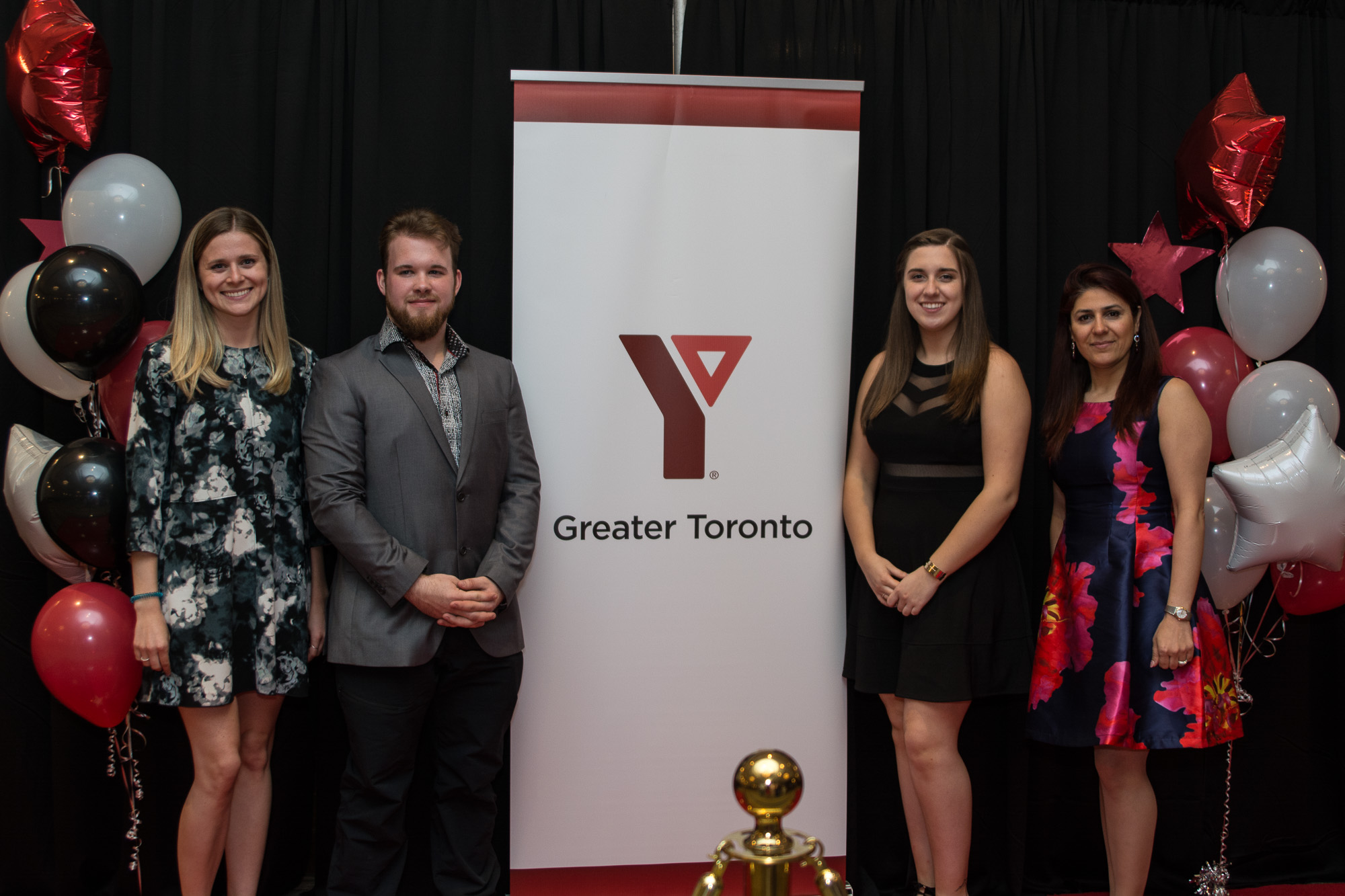Youth raise awareness of blurred lines between gambling & gaming
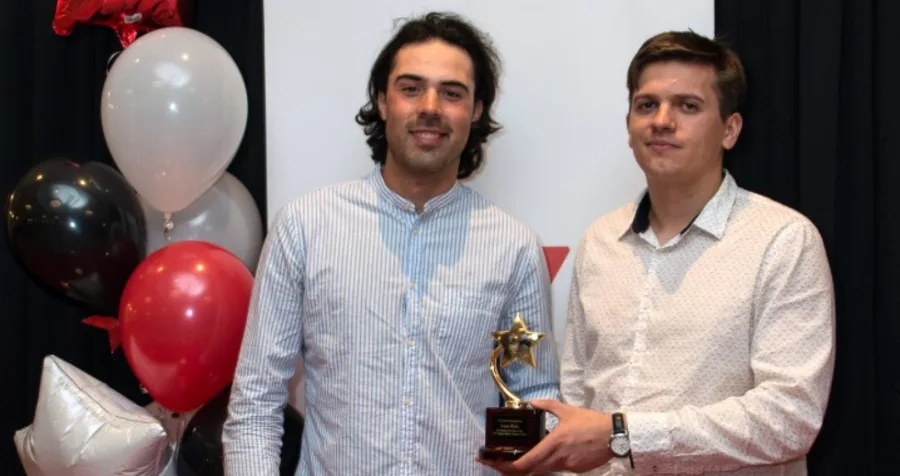
This year’s topic was the blurred lines between gambling and gaming. Contestants were asked to create a poster and video that would shine a light on the topic among their peers. A panel of contest organizers, a jury of youth volunteers (ages 15-18), and a public voting period were used to select the winners.
Here’s what our winners had to say about the contest:
1st place winner: exposing misconceptions about online poker games
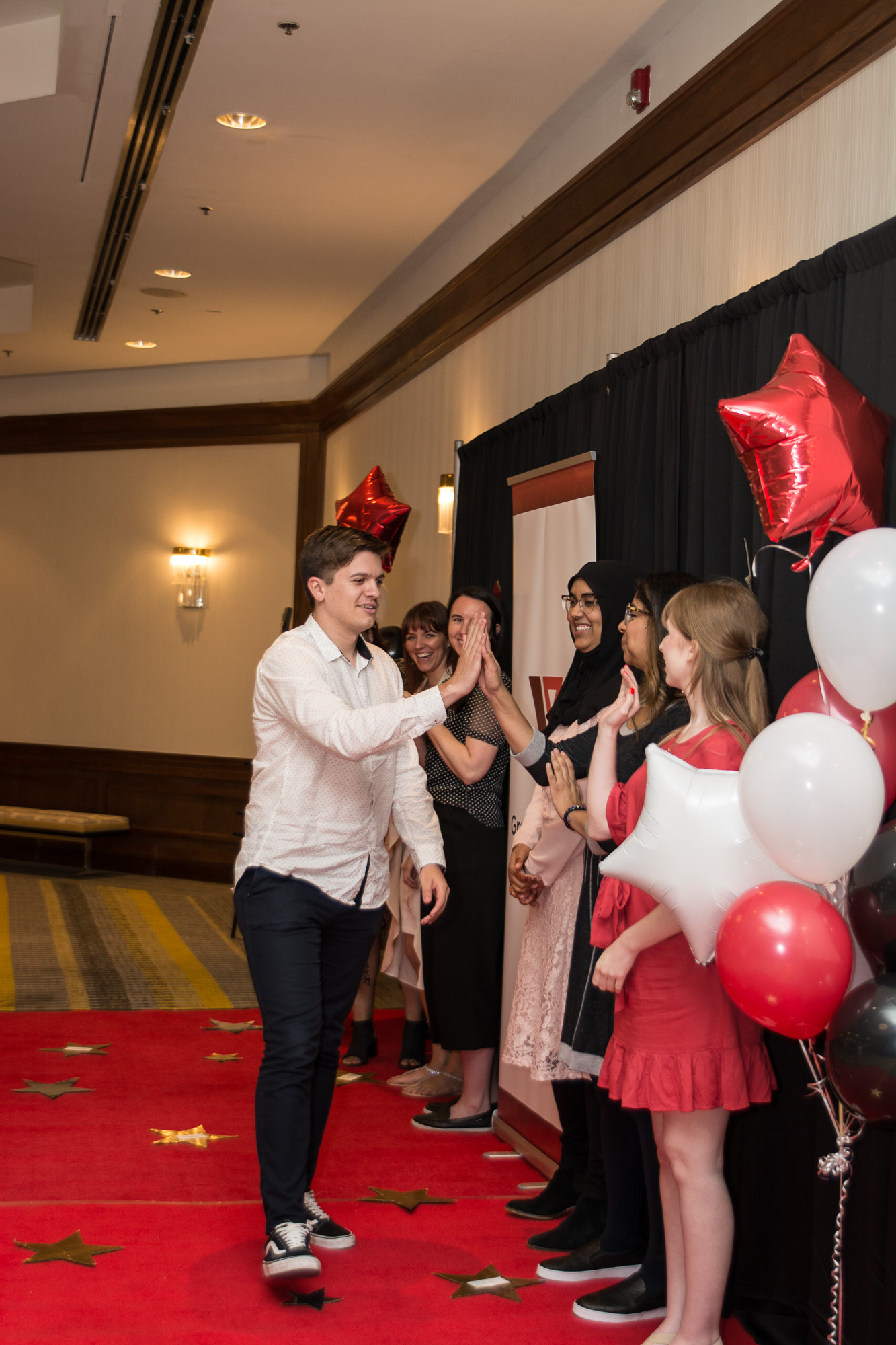
Lucas Watts won first place with his video submission that exposes how online poker games are very similar to other video games played by youth. These similarities blur the lines between gambling and gaming. Lucas’ video demonstrates the potential risks of online poker apps if harm reduction strategies are not used and points viewers to the YMCA of Greater Toronto’s Youth Gambling Awareness Program.
Lucas, who is originally from Brantford, Ontario, developed an interest in videography and photography while he was a student at the University of Ottawa, where he studied philosophy and psychology.
Before participating in the contest, Lucas knew about some of the risks of online poker games since some of his friends play them. But he didn’t realize these risks posed problems for many youths.
The contest also helped Lucas discover what he is truly capable of accomplishing when he sets his mind to something.
“The lesson is that if you [commit] to something, it can pay off and work out,” says Lucas.
2nd place winner: exploring the ways gambling is embedded in video games
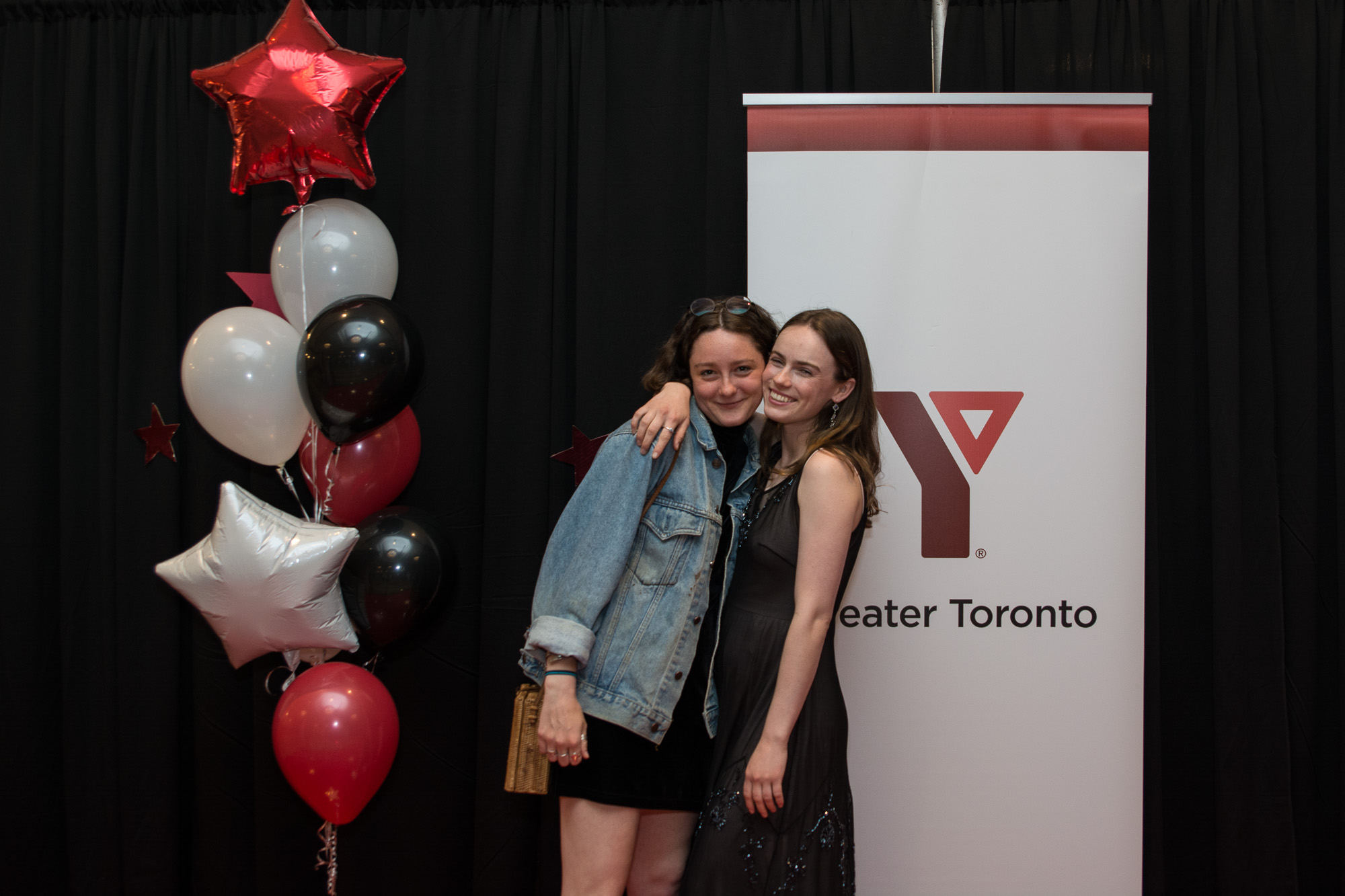
Charlotte Durnford-Dionne and Hailey Asquin of Team Huron St. Creative won second place with their video that reveals the ways that gambling is embedded into video games.
Both Charlotte and Hailey are recent graduates from OCAD University in Toronto, where Charlotte studied advertising and Hailey studied graphic design. Participating in the contest allowed Charlotte to create video content for the first time and Hailey, who taught herself videography and photography in her first year of university, was excited by the opportunity to work with Charlotte on a creative project.
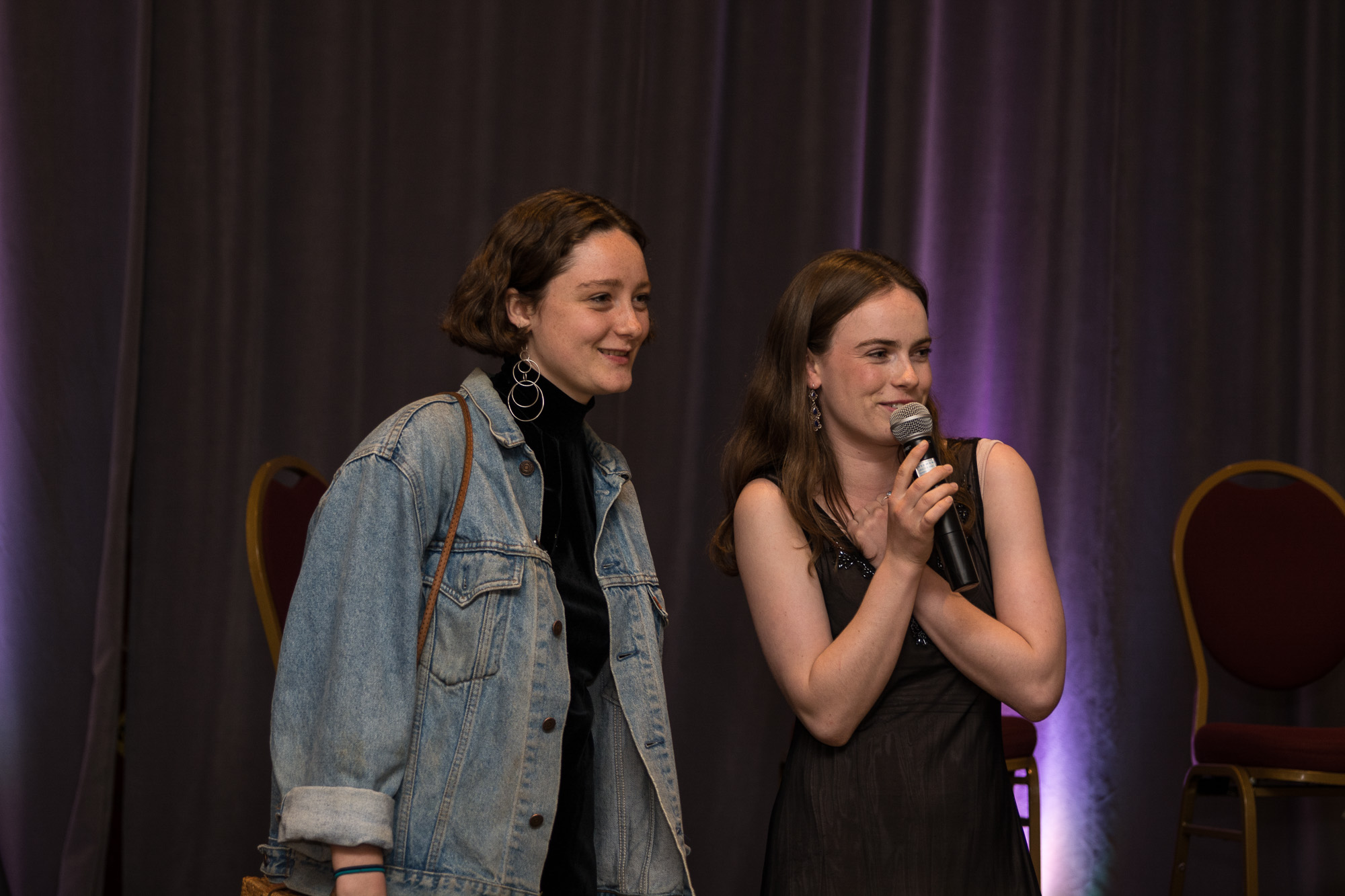 Participating in the contest opened Hailey and Charlotte’s eyes to the entire sector of gambling. They now know why spending money to open loot boxes or paying for a second chance at a level in a video game can be considered gambling activities. The team has also learned ways to reduce the harm associated with these activities, like setting time and money limits.
Participating in the contest opened Hailey and Charlotte’s eyes to the entire sector of gambling. They now know why spending money to open loot boxes or paying for a second chance at a level in a video game can be considered gambling activities. The team has also learned ways to reduce the harm associated with these activities, like setting time and money limits.Both teammates say the contest helped them feel more knowledgeable and comfortable when discussing gambling and gaming.
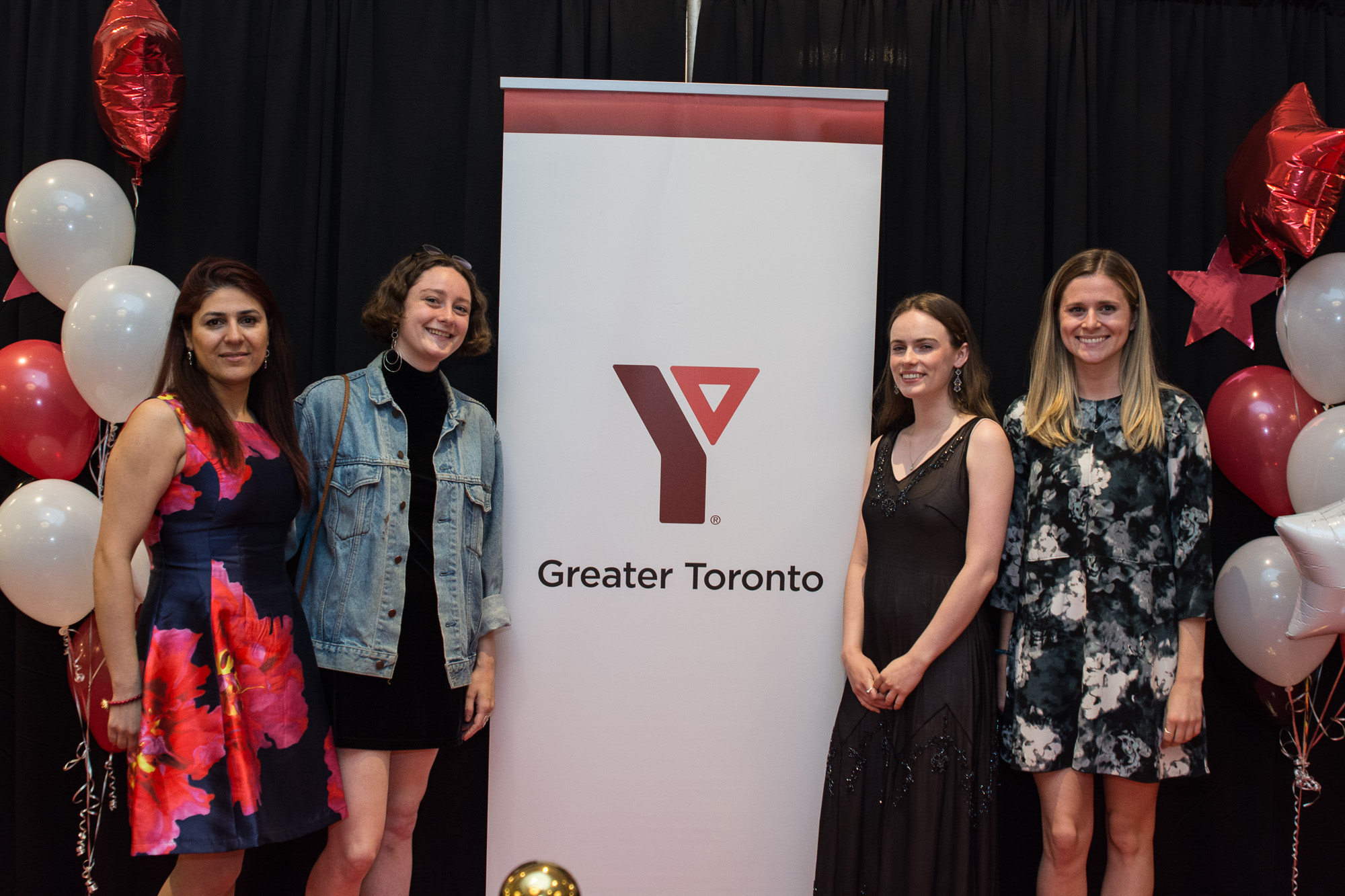
“I am not a gamer, so this was an area of knowledge I was lacking in. I also had never made a video before, so that was a whole new skill I learned,” says Charlotte.
“If the topic of gambling and gaming came up in conversation, I would feel more equipped to talk about it,” says Hailey.
3rd place winner: a closer look at Freemium Model games
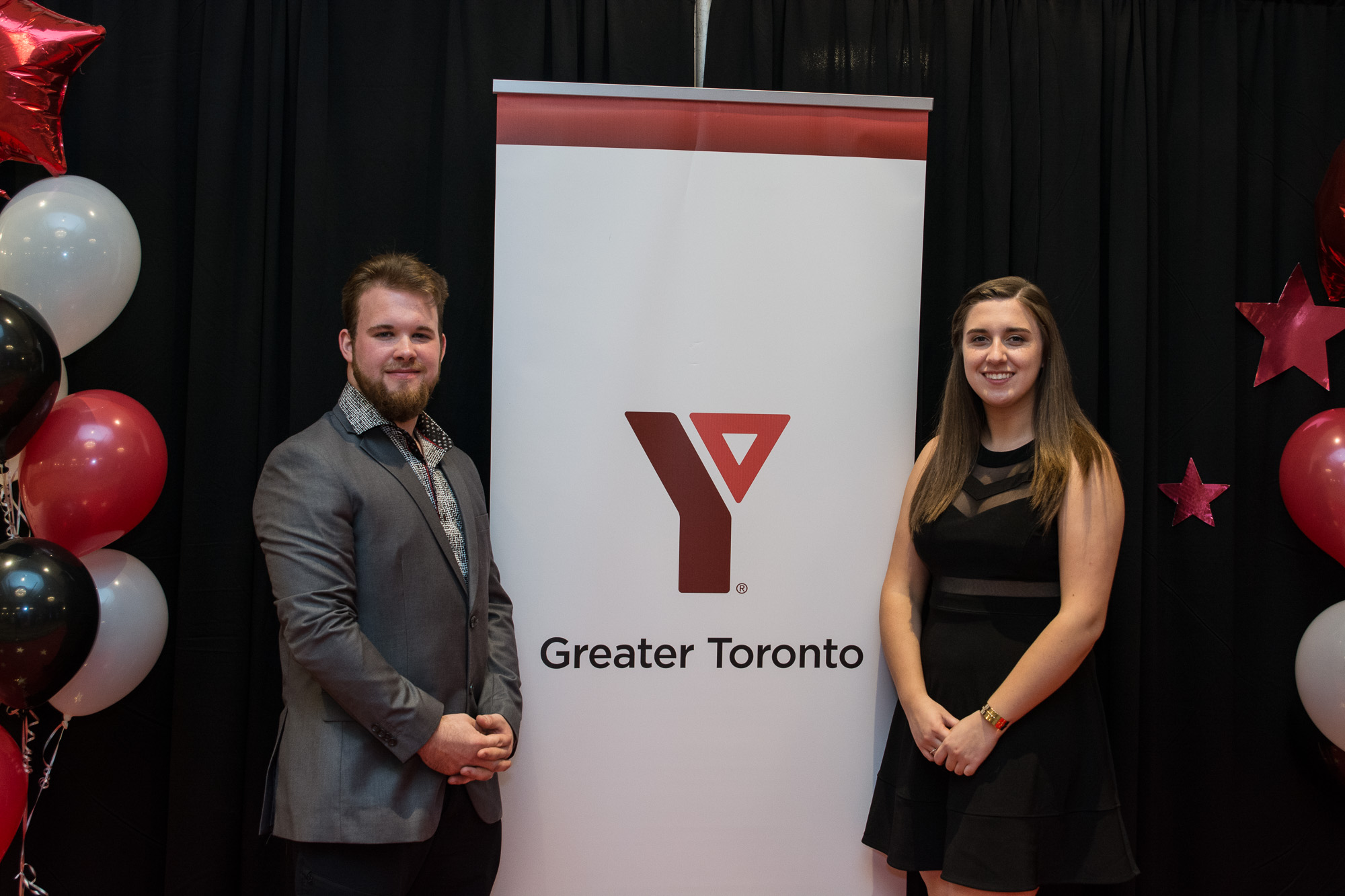
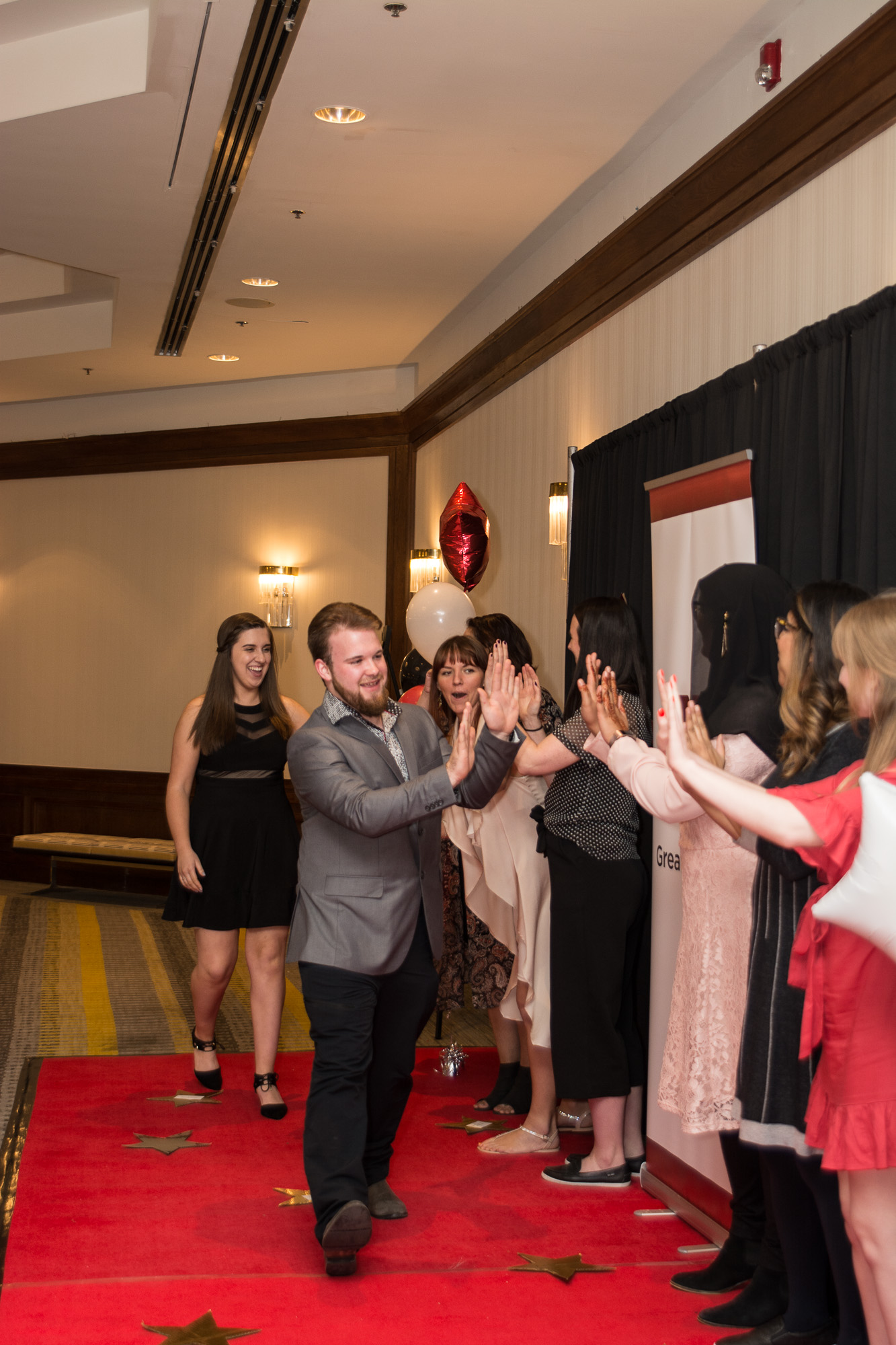
In their video, best friends Sarah Wilson and Brian Mestdagh from London, Ontario discussed how Freemium Models are a form of gambling. Freemium Models allow players to pay for additional chances at levels in games. But because the outcome of the level is still random, players are risking something of value.
Sarah, who works as a freelance videographer and as a certified sales specialist at Best Buy, has represented her high school in regional and provincial videography contests. In September, Sarah will be continuing her education at Fanshawe College for TV Broadcasting and Film Production.
Brian is currently enrolled in Fanshawe College for Police Foundations and also works as a Sony master and salesperson at Henry’s Camera Store. He has been a visual creator for many years and has worked at events like the Juno Awards.
“When we saw the topic was gambling, we immediately thought of poker and casinos…Now, we understand that gambling activities can be hidden in everyday activities that we [participate] in like video games and online games,” says Brian.
Brian explains that the team also “learned how to receive feedback and apply it to effectively get a message across” through participating in the contest.
Sarah adds the contest also helped them discover what direction they want to go in the future with their passion for filmmaking.
Register for the next round of the contest
Use your creativity to raise awareness of gambling issues! Registration opens on August 15, 2019, for the next round of the Youth 4 Youth Digital Media Contest.

